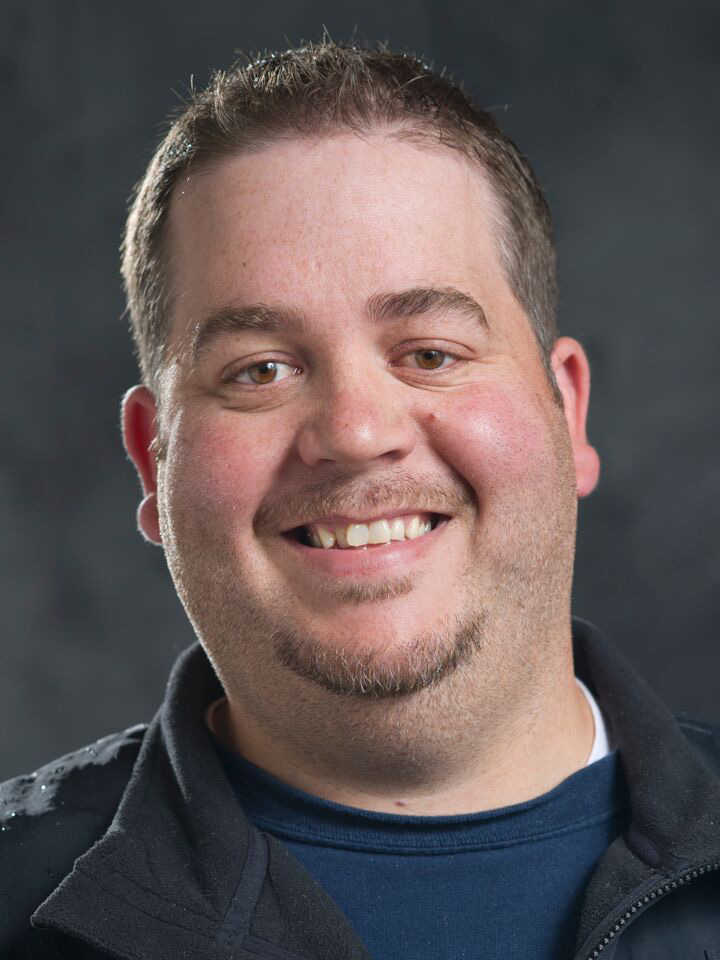If you are elected to the Juneau Board of Education, what major issue do you hope to address with the school district, students, parents, teachers and administration during your term?
When decisions are being made by the board, I want to ensure they are in the best interest of the student. Sometimes the answer is not always the popular choice. In the past couple of years, I feel we have gotten away from putting students first. We need to take questions or concerns from parents (and students) and ensure we are vetting the concern and incorporating it in to the outcome through the board decision-making process. The board is elected to serve the public — students first — and we need to ensure we are working toward positive outcomes to increase learning and promote student achievement.
Bullying continues to be a problem in Juneau as well as nationwide. What steps would you suggest to address and decrease bullying (both cyber and traditional) in our schools?
The current policy we have on bullying and hazing is excellent. One of the biggest obstacle I’ve heard of is people (kids) actually reporting it as soon as it happens. There is no room for hazing any time, any where. Particularly in sports or extra-circular activities, hazing is defended as “okay,” and it is not. We need to be focused on creating and ensuring a “team” atmosphere. If after due process you are found to have participated in hazing or bullying, whether it is cyber-bullying or bullying in person, you should be suspended from the team or activity for the duration of the season.
Given the importance of an informed and engaged electorate to the democratic process, what more should the Juneau School District do to assure that students understand their roles as citizens in our democracy?
We need to get back to using the Kids Voting Program in Juneau, engaging students in the electoral process through reviewing campaign literature, watching debates in school, setting up voting stations in schools and having kids voting booths at local voting locations. This program has been shown to increase voter registration when youth turn 18 by 9 to 19 percent. When you factor that into the average of 29 percent of registered voters that actually vote, that is a significant increase. (Source: Arizona Kids voting program statistics).
The use and abuse of alcohol, tobacco, street drugs and now increased availability of marijuana among students is a critical and ongoing issue. What should the school district do, if anything, to address these issues?
The JSD has excellent curriculum in place that starts teaching students about the dangers of alcohol, tobacco, and street drugs in kindergarten all the way through 12th grade. The one area JSD has a say in drug use is on sports or activity teams. There should be testing that is involved in the student’s sports physical that includes a clean drug screening. We also need to find a way to fund the DARE program and put that back in our schools, as this is one more positive tool that teaches students about the dangers of drug use.
The state of Alaska has continually ranked number one in the U.S. for the highest rates of sexual abuse, domestic violence, sexual assault and chlamydia. Given these statistics, do you believe that reproductive health care and information about responsible sexuality should be a part of health education curriculum for students?
There should be age-appropriate curriculum for JSD students. This would be an excellent opportunity to engage parents to find out their thoughts. The adoption by the Alaska Legislature of “Erin’s Law” will be a great help in student understanding, and also assist the teachers and parents in recognizing abuse and the avenues to take for help. There should also be an option for students to opt out of that part of the class if it is something they and their parents decide they do not want to be apart of.
Research shows the value of Pre-K school programs. What can the school board do to strengthen such programs and assure adequate funding for this important educational effort so that all students can benefit?
The Pre-K program we have now is excellent. Making sure parents are aware of it would be something to work on strengthening. As far as funding, this should be one of the last — if not the last — program to have funding cuts. Research has shown students at this age are a sponge and soak up more information and practices than they will in their later years of school.
The Juneau School District has experienced budget cuts year after year, and the cycle is likely to continue. What areas of the budget would you target for reductions, and how does the pupil-to-teacher ratio impact that decision?
Budget cuts create an adverse condition in our educational environment and we need to identify ways to improve funding. We are fortunate to live in a community that supports funding to the cap (at the city level). As a member of the Juneau Board of Education, I intend to work with the legislative delegation, local Assembly, other school board members and the greater community of Juneau to lobby for an increase to the base student allocation. Ensuring relevant technology, current curriculum and arts programs in our schools are all important elements. Further, we need to ensure we can attract and retain highly qualified teachers to provide our students the educational opportunities they deserve.

